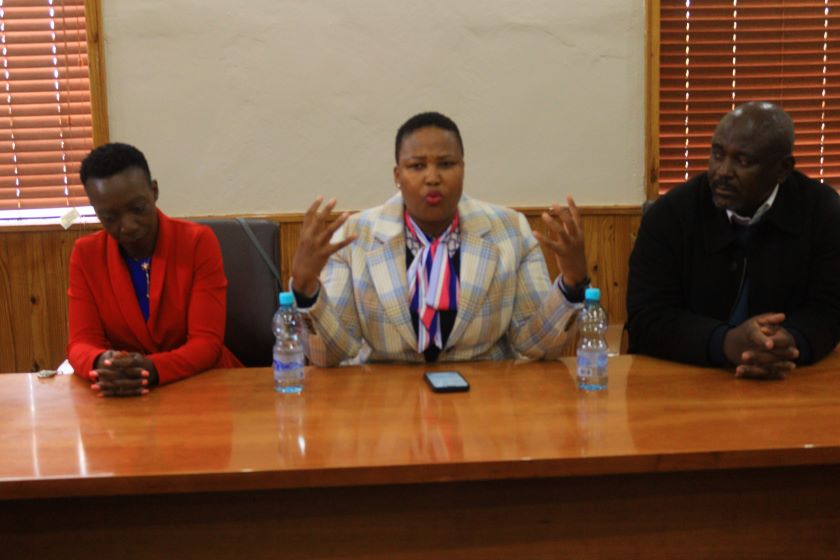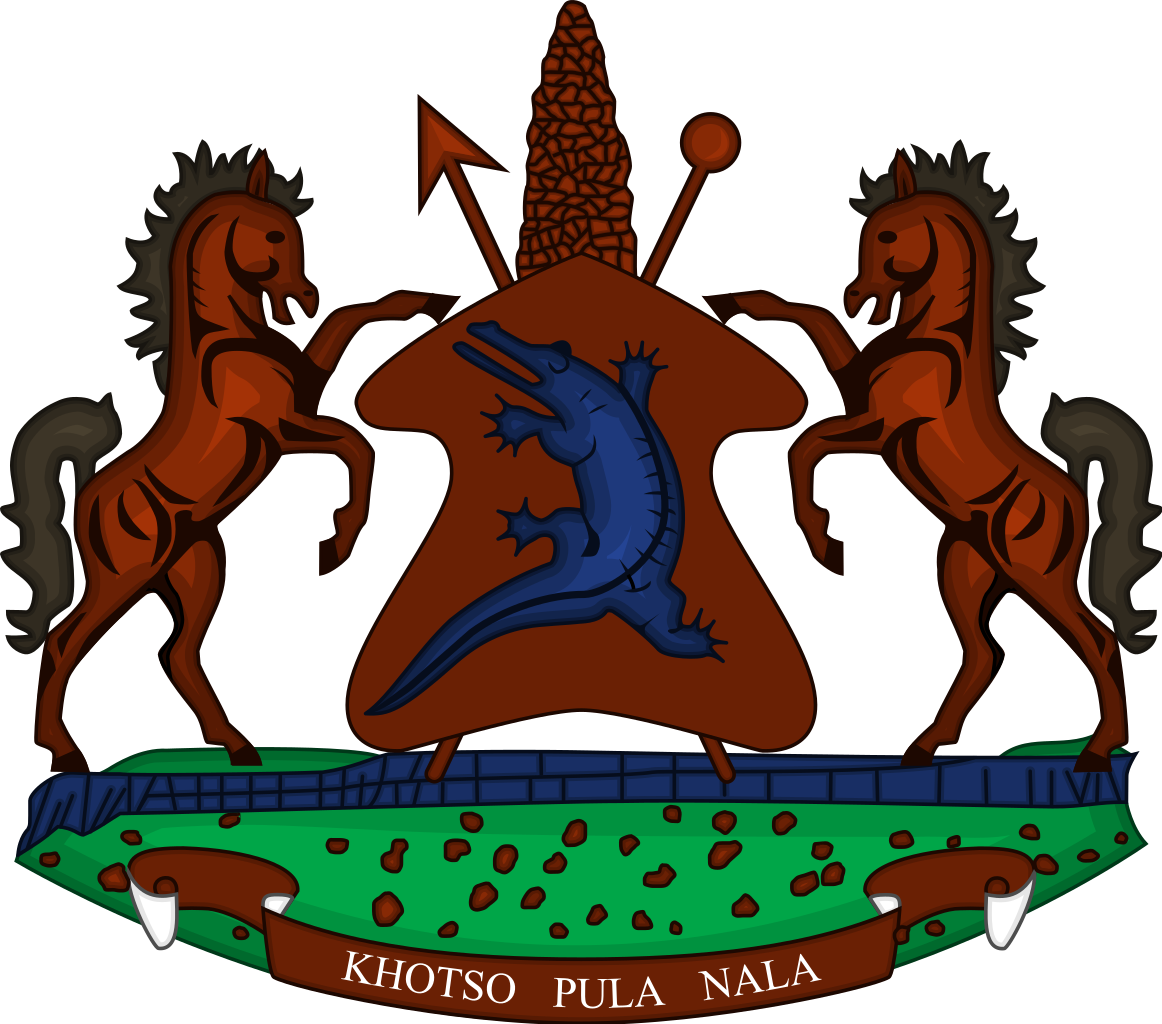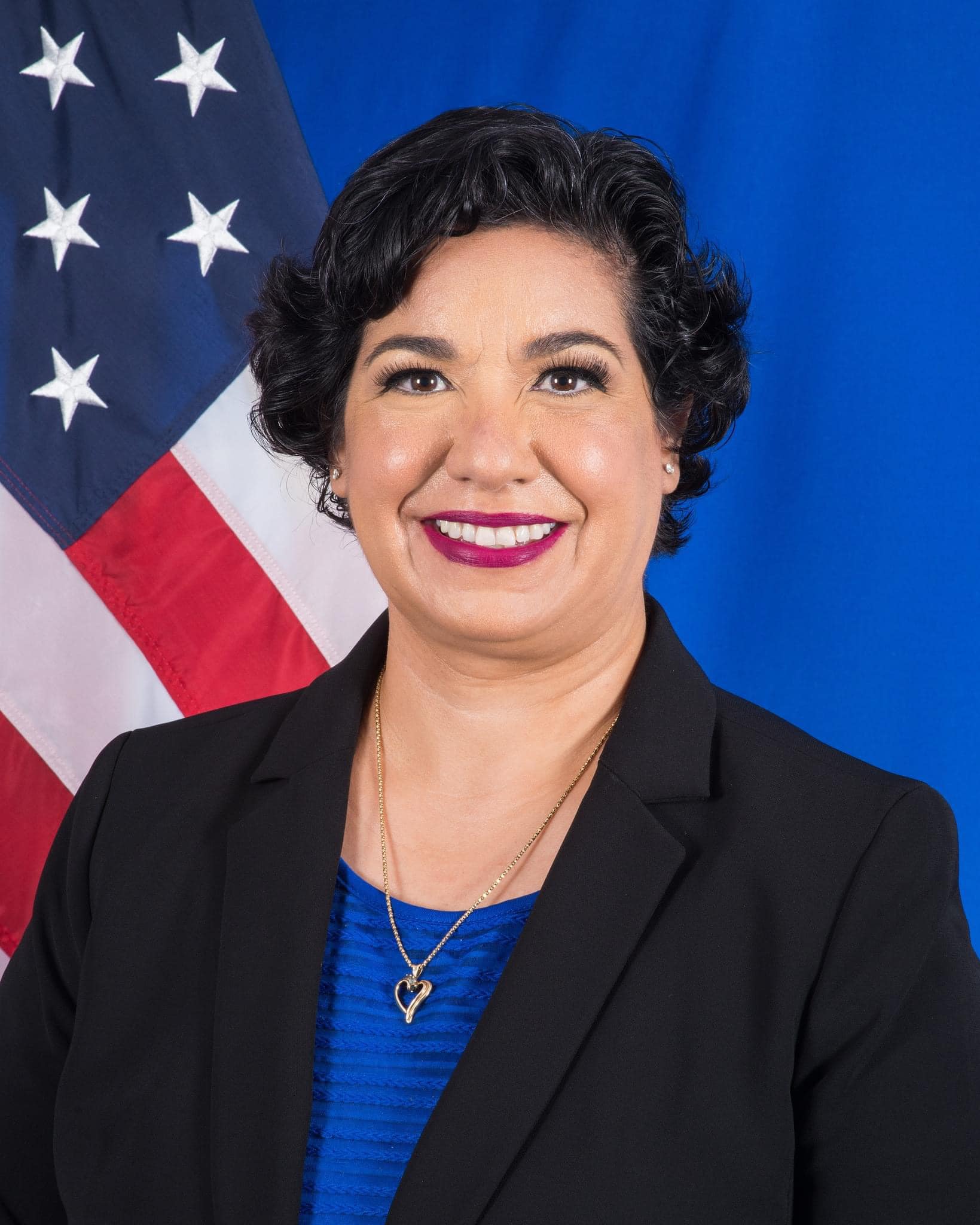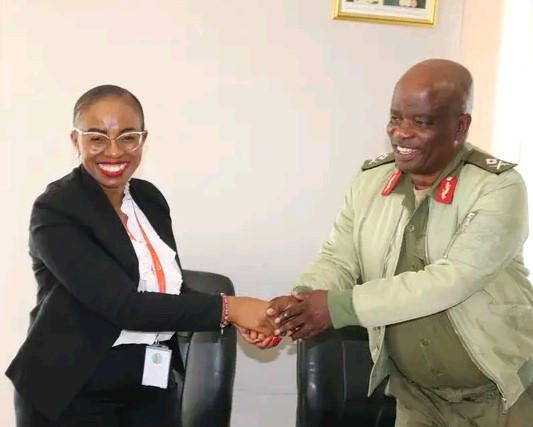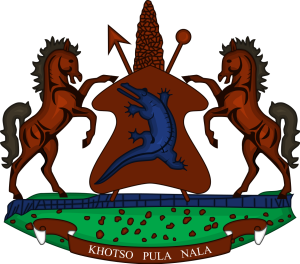The Lesotho Millennium Challenge Corporation (MCC) Compact II is more exciting because it focuses more on poverty reduction and economic growth of the country through more involvement of the private sector.
This, the Prime Minister, Dr Moeketsi Majoro said when opening the Nineteenth Private Sector Consultative meeting on Thursday.
Dr Majoro said the MCC compact II creates an opportunity for the private sector to uptake the investment and run with it for the betterment of the economic growth and development, he noted that the first compact was mostly focused on the improvement of the health sector and accessibility of health services in the country, adding that through evaluation, the government noticed that more health investment is needed.
However, the Prime Minister noted that Lesotho is the leading country in Africa in terms of cannabis investment, saying the country has issued 12 licenses that are operational and have all been renewed.
He stated that some of the cannabis investments are already accessing the European markets.
He also announced that there is a new investment in hallucinogenic mushrooms, stating this is a lucrative investment opportunity and most profitable.
He further mentioned that the country is in the process of issuing licenses in this sector, stressing that the Ministry of Health will only issue licenses to the operational business to avoid the problem of issuing licenses to non-operational businesses.
Presenting the MCC compact II intentions, the CEO of the Lesotho Millennium Development Agency and National Coordinator for the Lesotho-MCC Compact II development, Mr. Keketso Chalatse mentioned that the development of compact II started in 2017 December after the MCC approved the country to be reselected for compact II.
Mr. Chalatse mentioned that it was on 31st March this year that MCC approved Lesotho’s proposal and this was appreciated by the government of Lesotho, adding that the signing will be done in the country in this coming month.
He said Lesotho will be receiving $322.000.000 million dollars which is close to M4.8 billion.
Mr. Chalatse said the intention of the compact II projects intended to reduce poverty and promote economic growth led by the private sector.
He stated that the second project aims at working on the creation of sustainable jobs as well as building a local capacity to grow local investors.
Moreover, he noted that MCC compact II has three binding constraints which are health system strengthening, market-driven irrigated horticulture and environment and technical assistance.
Mr. Chalatse said health system strengthening aims at looking at primary health care and supporting the district management team as well as improving digital health systems in the country.
He further mentioned that the market-driven irrigated horticulture is intended to have an impact on rural poor communities by stimulating and having them increase their income from the locals, saying this is to create jobs that are impactful to the rural areas.
Lastly, he said the irrigation horticulture project will be in two regions namely; the south region at Phamong area and the other region in the northwest region of the country Likhakeng, Tsoilitsoili and Mankeng which are located in the Leribe district.
The MCC compact II comes after the first compact which ended early this year. It was through the first compact that Lesotho had an opportunity to have access to the MCC grant from the American government which went in a long way in financing the Health sector thus improving health services in the country.
The first grant also went in a long way in the provision of clean water in the country through the construction of the Metolong Dam and also the grant has played a role in poverty reduction in the country.
The Public-Private Dialogues started in April last year and they are organized by the Prime Minister’s Delivery Unit (PMDU) to facilitate regular dialogue between the government and the private sector. The participants in these meetings include the Prime Minister, LMDA, Heads of State-Owned Entities, Representatives of Development Partners and the private sector.
By Staff Reporter: Noliwe Velaphe
